Although it cannot be extrapolated for all the
cases, in my opinion, a manager´s job is 60 percent getting it right and 40 per
cent putting it across. We, as managers, spend a lot of time persuading other
people to accept our ideas and suggestions.
This post is about persuading. You may feel that good ideas
should sell themselves, but as you know life is not like that. Everyone resists
change and something new is certain to be treated with suspicion, not always of
course.
Six rules I have learned about effective
persuasion in my career are commented below:
·
Define your objective and get the facts. In other words, decide what you want to
achieve and why. Gather all the facts you need to support the situation. Very
important, eliminate emotional arguments so that you and others can judge the
proposition on the facts alone.
·
Find out what the other person wants. Never underestimate the natural resistance to
change. Bear in mind that such resistance is proportional, meaning, not the
total extent to the change. Because,
normally, the first questions people ask themselves are how does this affect me? what do I stand to lose? what do I stand to
gain?. Ideally you should answer these questions before persuasion can
start. Very simple, right? But the key to all persuasion and selling is to see
your proposition from the other person´s point of view. Let´s say, have some
kind of emotional intelligence. If you can do this you will be able to foresee
objections and present your ideas in the way more attractive to him/her. You
should try to find out how the other person looks at things and, extremely
important, what he/she has to say. Therefore, don’t talk too much, ask
questions to find out. Then present your case in a way that stresses the
benefits to him/her or at least reduces his/her objections or fears. Like
selling a product where the more important argument is the benefit not the
features of the product from a consumer/customer point of view.
·
If
possible, prepare a simple and attractive presentation. Again, emphasize
the benefits. Anticipate objections.
·
Find some common ground in order to start off with agreement. Avoid defeating him/her in
arguments. Help him/her to preserve his/her self-esteem. And, very important,
always leave him a way out.
·
Show conviction because you are not going to sell anything if you don’t believe in it
and communicate that belief. Remember to spell out the benefits. What you
propose is of less interest to the person concerned that the effects of the
proposal on him/her.
·
And
finally, I would say, choose the right moment to settle the proposal and
get out. Take prompt follow-up action. There is no point in going to all the
trouble of getting agreement if you let things slide afterwards.
Based in all the above I concur that persuasion
is really just another word for selling. Hope you agree and share your
experiences.






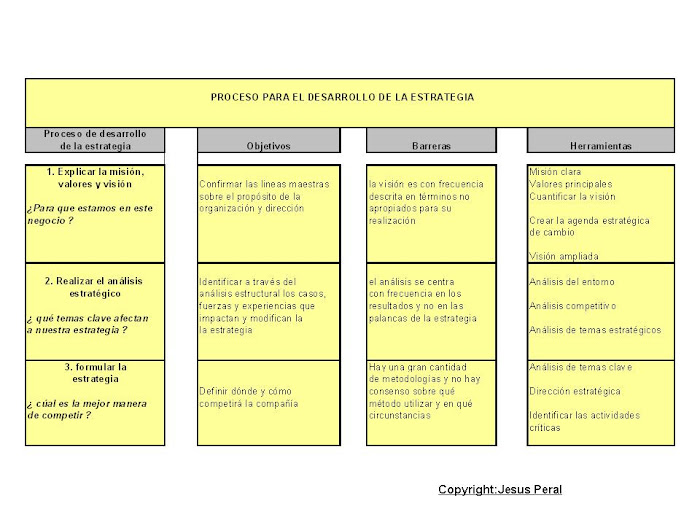




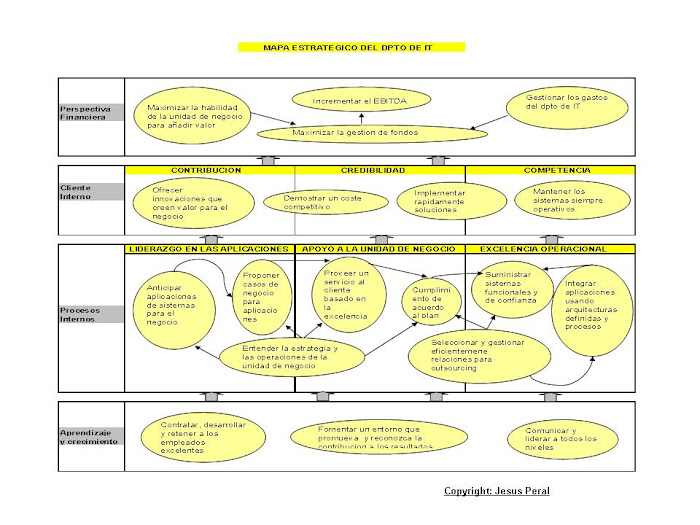

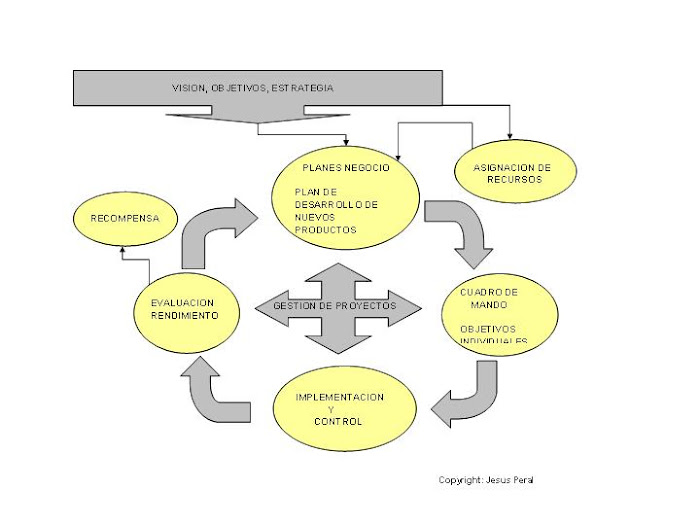






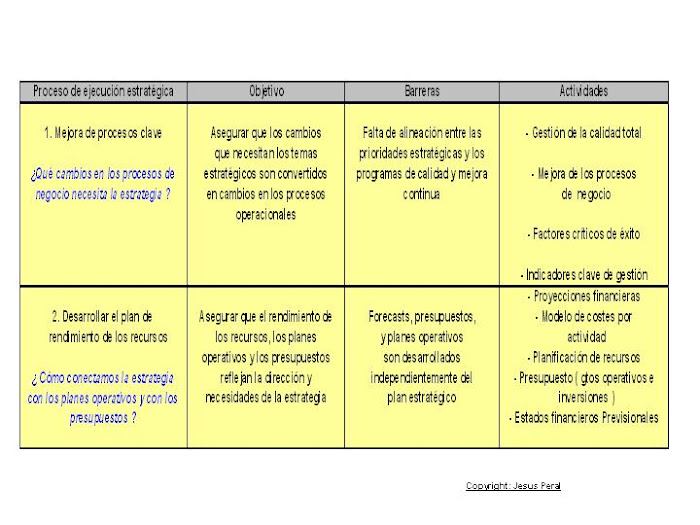





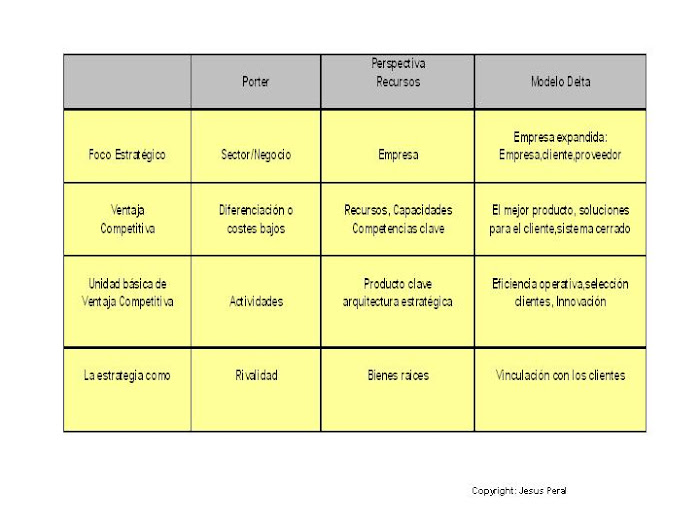
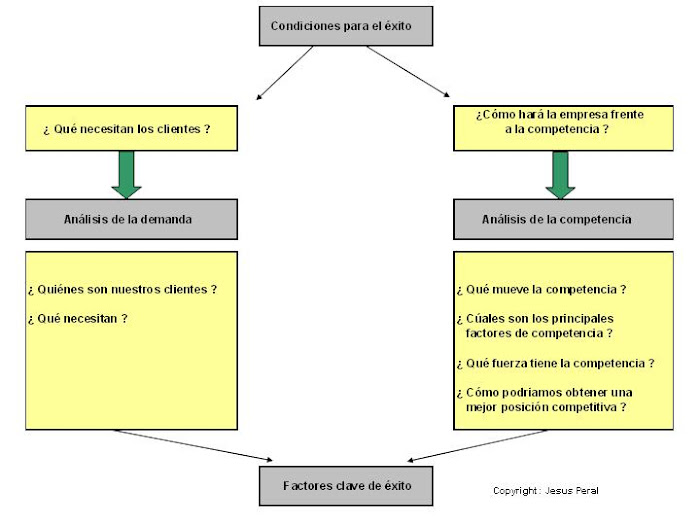
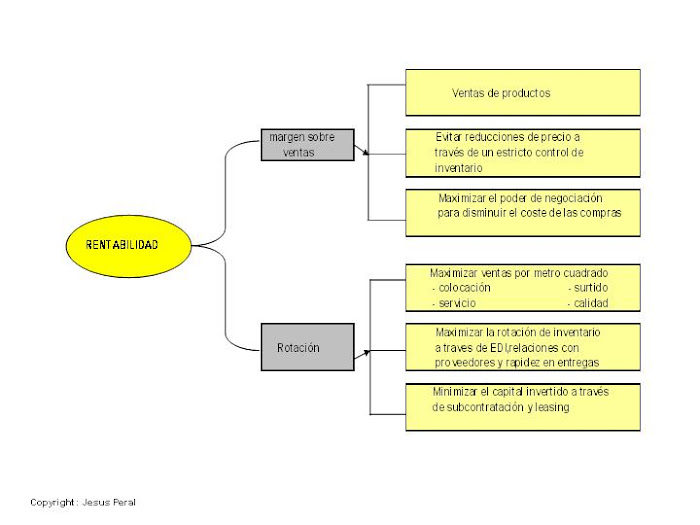





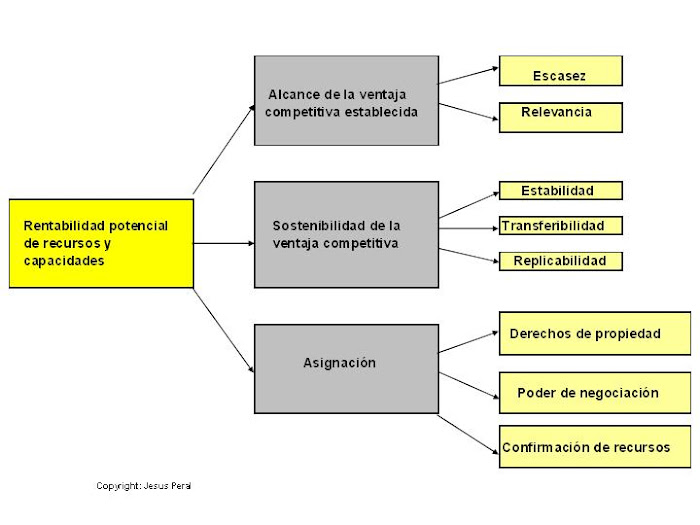

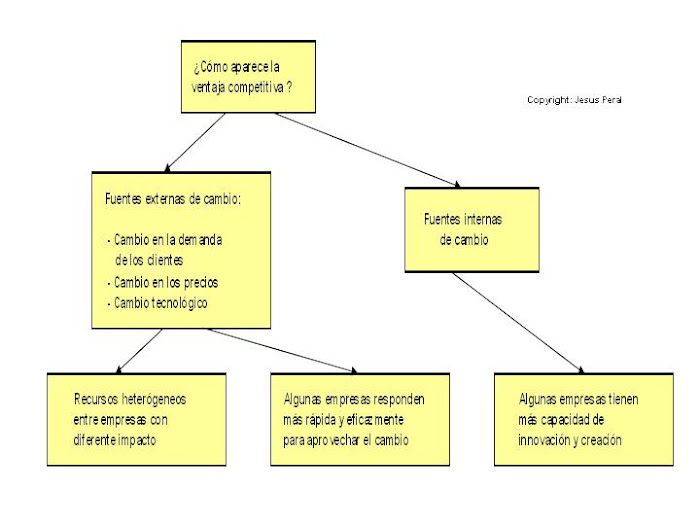

































No hay comentarios:
Publicar un comentario